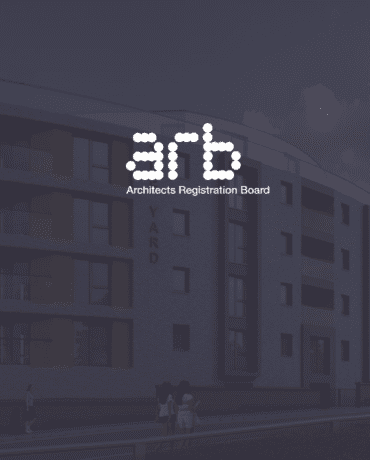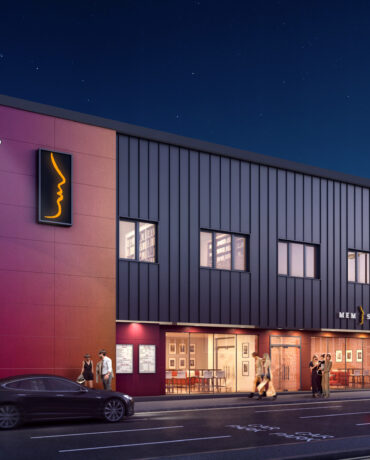Could Modular Construction Change the Way We View the Built Environment?.
Modular construction has the potential to revolutionise the construction industry by offering a more efficient and sustainable approach to building homes, commercial buildings and public facilities. This innovative construction method involves creating prefabricated modules in a factory setting and then assembling them on-site to create a fully functional structure.
The Benefits of Modular Construction
By utilising off-site manufacturing techniques, there is reduced material waste and improved energy efficiency during the construction process. Modular builds also have the potential for enhanced energy performance through advanced insulation and other eco-friendly features.
Many modular buildings can be equipped with climate control systems, energy-efficient LED lighting and heating, not to mention they can be recycled at the end of their useful life, meaning fewer materials end up in landfills.
The commercial sector has already seen an influx of modular spaces, with pop-up stores utilising these effectively.
Applications of Modular Construction From Residential to Commercial Projects
1. Residential Sector
Homes made with this prefabricated construction method significantly reduce build time and offer greater customisation options. Furthermore, homeowners can choose from various module configurations to create their desired layout or even expand their homes in the future by adding additional modules. Modular homes can be permanently fixed into position or can be temporary to allow for transportation from one site to another.
2. Commercial Sector
Modular construction has also made its mark in the commercial sector by providing offices and commercial spaces, with retail making good use of the technology in pop-up areas. Businesses can benefit from faster project completion times compared to traditional construction methods and efficiently allocate room for expansion where necessary. The prefabricated units also allow for easy transport, allowing for ease of relocation.
3. Healthcare Facilities
The healthcare industry is increasingly turning to modular construction methods to meet the growing demand for facilities. Quicker construction times allow healthcare providers to expedite patient care services by reducing downtime during construction.
4. Educational Institutions
An attractive option for educational institutions modular construction can be used to create classrooms, libraries, and other facilities quickly and efficiently. With growing student populations and limited time frames for completion, the method allows educational institutions to expand their infrastructure rapidly, without hindrance.
Embracing Modular Construction as an Effective Alternative
In conclusion, modular construction offers many benefits for efficient and sustainable building solutions. While there are challenges that need to be addressed such as transportation logistics and local building regulations, the potential benefits of modular construction make it an exciting prospect for housing and the commercial sector in the future.
Plan your next architectural project with Design Studio Architects today.

Talk To An Expert
Contact UsSee More Recent Posts

What does it mean to be...
When you are looking to hire an architect, it’s important to check the Architects...

Types of Commercial Architecture
Commercial architecture is the design and construction of buildings intended for business or public...

Commercial Architectural Trends in 2024
Today’s office buildings, retail stores and hospitality settings are increasingly being designed with a...

